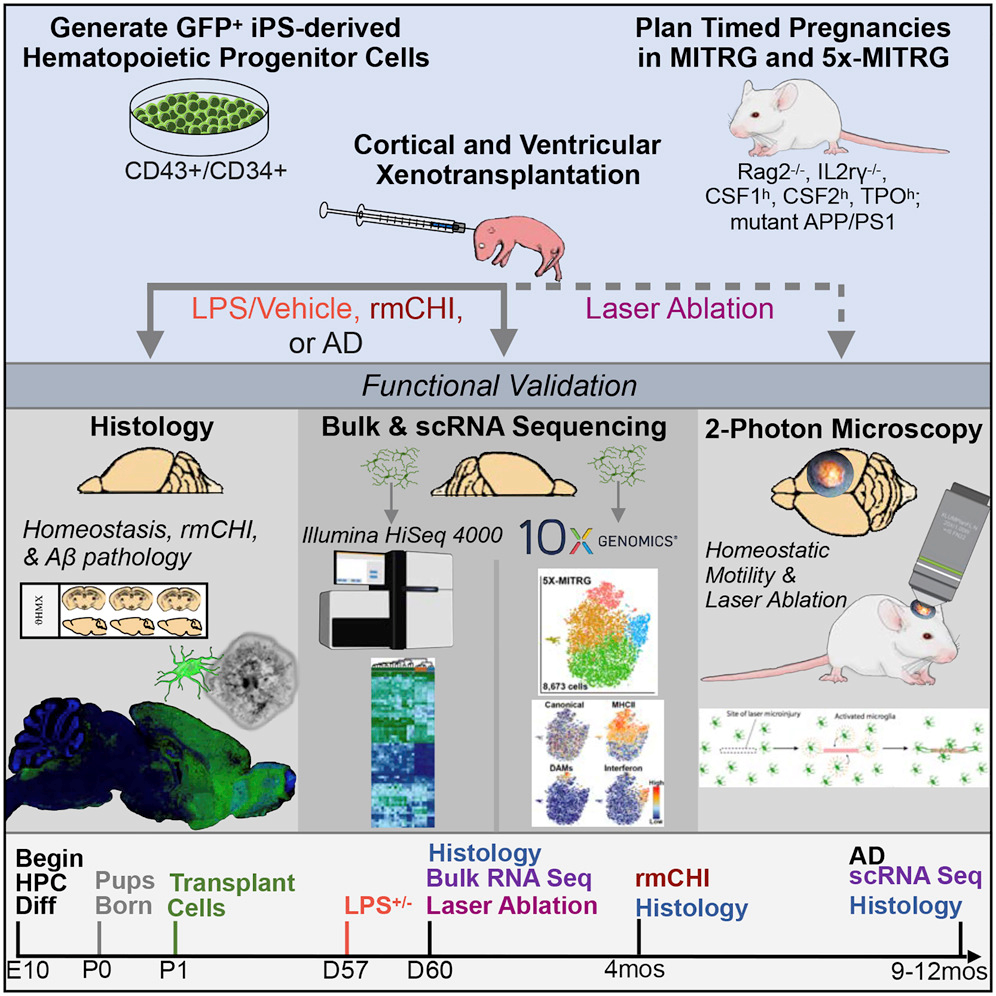Two UC Irvine researchers recently began investigating why women are almost twice as likely as men to be diagnosed with Alzheimer’s disease.
Drs. Sunil Gandhi and Mathew Blurton-Jones were the winners of a $100,000 grant competition organized by UCI’s Institute for Memory Impairments and Neurological Disorders (UCI MIND) and the Women’s Alzheimer’s Movement, a group founded by Maria Shriver.
Dr. Josh Grill, co-director of UCI MIND, said the move is meant to help focus some of the institute’s best scientists on finding out what leads to the sex disparity in Alzheimer’s diagnoses.
“The idea with this recent partnership is to focus the energy of our best scientists on the relationship between Alzheimer’s and sex and gender,” Grill said. “This’ll let our scientists gather some preliminary data that will make them competitive for larger grants.”
Grill said researchers have traditionally traced the disparity to women’s longer lifespans, considering they are more likely to live to the ages where the risk for Alzheimer’s increases exponentially.
Grill said that while this is the biggest contributor to the imbalance, it’s not the entire explanation.
New research published in June suggested that hormonal influences or pregnancy-related changes in the immune system may increase women’s risk. …
To read the full article from Daily Pilot, click Here.
 Vaccines have become one of the most discussed topics during the COVID-19 pandemic. From development to distribution, the whole world has their eyes on a new vaccine. However, promising new data has now brought common vaccines even to the forefront of discussion in the study of Alzheimer’s disease (AD). At the 2020 Alzheimer’s Association International Conference this week (#AAIC20), newly presented data shows how flu and pneumonia vaccines may lower the risk for Alzheimer’s disease (AD).
Vaccines have become one of the most discussed topics during the COVID-19 pandemic. From development to distribution, the whole world has their eyes on a new vaccine. However, promising new data has now brought common vaccines even to the forefront of discussion in the study of Alzheimer’s disease (AD). At the 2020 Alzheimer’s Association International Conference this week (#AAIC20), newly presented data shows how flu and pneumonia vaccines may lower the risk for Alzheimer’s disease (AD).